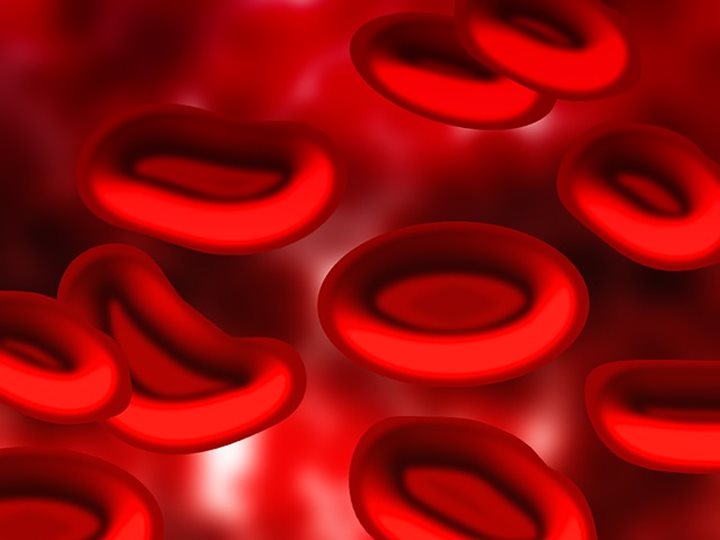Even though medical advancements are made every day, medical researchers still don’t really know what causes prostate cancer. Fortunately, advances in diagnosis and treatment for prostate cancer look very hopeful.
Possible Causes
Some men inherit the hereditary prostate cancer gene 1, or the HPC1 gene. Unhealthy changes in the BRCA1 or BRCA2 genes can also make a man more susceptible to prostate cancer. Androgen, the male hormone that supports healthy growth of the prostate can also cause cancerous cell growth in the prostate. Some experts suspect that IGF-1, or the insulin-like growth factor hormone, can also raise the risk of prostate cancer. Other people believe that a man who has been exposed to radiation or toxins can suffer mutations in prostate cells. Inflammation might also contribute to the risk of getting prostate cancer.
Risk Factors
Very few men get prostate cancer before the age of 40. The odds increase significantly after the age of 50. Men whose fathers or brothers have been diagnosed with prostate cancer have a higher risk for developing it. There’s some evidence that men who eat a lot of animal protein are also at higher risk, but the risk of getting cancer doesn’t seem to rise in men who are obese. Men who smoke don’t seem to have a higher risk either. The risk is also not particularly higher for men who have had prostatitis, vasectomies, or STDs.
Ongoing Research
Medical researchers are always looking for better ways to diagnose and treat prostate cancer. Right now, researchers are investigating certain genes that may make a man more susceptible to the cancer as well as genes that might put a man at risk for the cancer spreading. Researchers are also looking at diet and lifestyle habits that might prevent prostate cancer. So far, studies have shown that the lycopene found in tomatoes and isoflavones found in soybeans can prevent the cancer. There’s also evidence that vitamin D can protect against aggressive prostate cancer.
Medical experts are beginning to doubt the accuracy of the prostate-specific antigen (PSA) test. The test may give too many false positives and negatives. The medical experts are trying to make the PSA test more accurate and develop tests that can find abnormal genes.
More accurate diagnostic procedures are on the horizon. Instead of ultrasound tests, doctors can now use a colored Doppler test to detect tumors in the prostate. More accurate staging is also being used in the battle against prostate cancer.
Experts are also trying to find better treatments for prostate cancer while it’s still in its early stages. One treatment bombards the cancer cells with heat delivered via ultrasound. Drug therapy is also being refined to be more effective at killing the cancer cells while lowering side effects.
Featured Image Source: depositphotos/©tashatuvango







